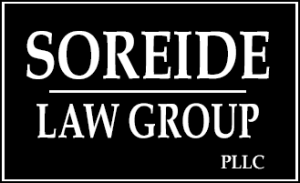Sarasota Man Went from Multi-Felon to Attorney Thanks to Youth Court
It’s been eleven years since Stefan Campagna was charged with his 27th felony in Sarasota, writes Jessie Van Berkel in a recent article for the Sarasota Herald-Tribune.
The 27-year-old said he will not disassociate himself from his past — from the 16-year-old who busted into cars with a group of friends and had an “I dunno” mentality when he was asked why he did it. His past will help him connect with people in his future.
“People listen more to someone they can relate to,” Campagna said at a Sarasota County’s youth court celebration.
Campagna, a Sarasota native graduated in May from Hofstra University College of Law in New York and was honored as a member of the Florida Bar earlier this month. He is coordinator for the National Association of Youth Courts.
“He’s gotten every award we’ve given out,” said Katie Self, who has coordinated the teen court since six months after it was created in 1988. The teen court was the first court of its kind in Florida. It places youths who plead guilty to an offense in a unique setting, where people their age act as the bailiff, defense, prosecution and jury. Volunteers from local high schools determine the punishment for their peers. If the defendant completes their requirements, the charges are dismissed.
Stefan Campagna, was given 18 rounds of jury duty at the teen court and 150 hours of community service.
“Initially I wasn’t very receptive to much of anything,” he said. Campagna told himself he would likely end up in court again, and he had better be on the right side of the bench. So he went on to study law.
Since Sarasota created its teen court in 1988, 53 Florida counties have followed suit, according to the Florida Association of Teen Courts. And the number of courts nationwide has grown over the past few decades. Campagna even helped create a youth court in Nassau County, New York, where he went to law school.
The studies done on the courts’ effectiveness in reducing repeat offenders, generally found recidivism was less frequent for people who went through teen court.
Attorney Lars K. Soreide, of Soreide Law Group, PLLC, represents those seeking admittance to the Florida Bar, and existing lawyers, for both Investigative Hearings and Formal Hearings in front of the Florida Bar. For more information about our services please call (888) 760-6552
